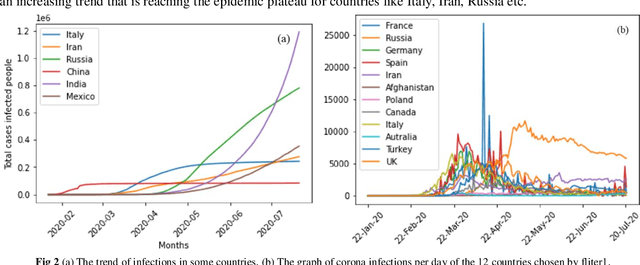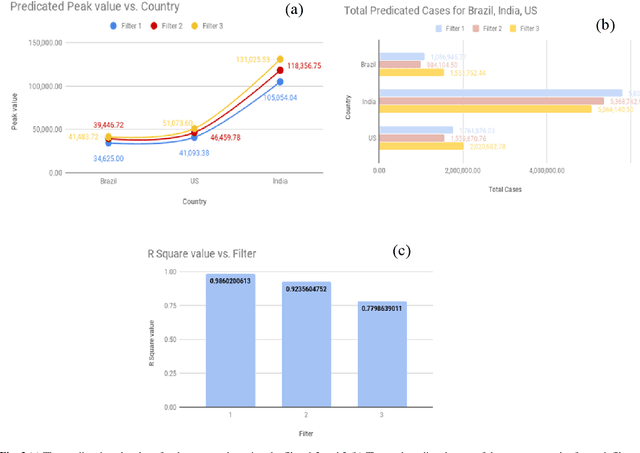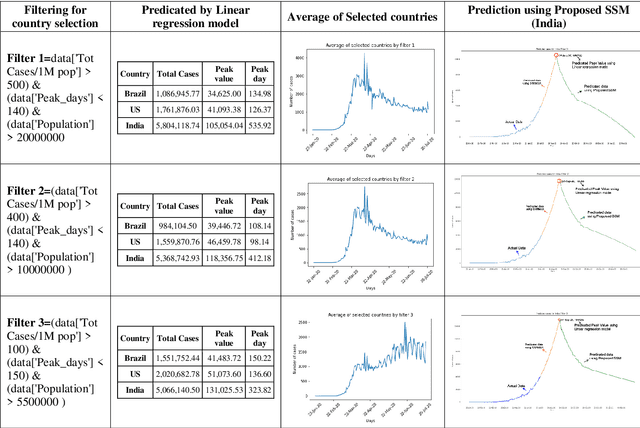Rupali Patil
Auto Lead Extraction and Digitization of ECG Paper Records using cGAN
Nov 12, 2022



Abstract:Purpose: An Electrocardiogram (ECG) is the simplest and fastest bio-medical test that is used to detect any heart-related disease. ECG signals are generally stored in paper form, which makes it difficult to store and analyze the data. While capturing ECG leads from paper ECG records, a lot of background information is also captured, which results in incorrect data interpretation. Methods: We propose a deep learning-based model for individually extracting all 12 leads from 12-lead ECG images captured using a camera. To simplify the analysis of the ECG and the calculation of complex parameters, we also propose a method to convert the paper ECG format into a storable digital format. The You Only Look Once, Version 3 (YOLOv3) algorithm has been used to extract the leads present in the image. These leads are then passed on to another deep learning model which separates the ECG signal and background from the single-lead image. After that, vertical scanning is performed on the ECG signal to convert it into a 1-Dimensional (1D) digital form. To perform the task of digitalization, we used the pix-2-pix deep learning model and binarized the ECG signals. Results: Our proposed method was able to achieve an accuracy of 97.4 %. Conclusion: The information on the paper ECG fades away over time. Hence, the digitized ECG signals make it possible to store the records and access them anytime. This proves highly beneficial for heart patients who require frequent ECG reports. The stored data can also be useful for research purposes, as this data can be used to develop computer algorithms that are capable of analyzing the data.
COVID-19 cases prediction using regression and novel SSM model for non-converged countries
Jun 04, 2021



Abstract:Anticipating the quantity of new associated or affirmed cases with novel coronavirus ailment 2019 (COVID-19) is critical in the counteraction and control of the COVID-19 flare-up. The new associated cases with COVID-19 information were gathered from 20 January 2020 to 21 July 2020. We filtered out the countries which are converging and used those for training the network. We utilized the SARIMAX, Linear regression model to anticipate new suspected COVID-19 cases for the countries which did not converge yet. We predict the curve of non-converged countries with the help of proposed Statistical SARIMAX model (SSM). We present new information investigation-based forecast results that can assist governments with planning their future activities and help clinical administrations to be more ready for what's to come. Our framework can foresee peak corona cases with an R-Squared value of 0.986 utilizing linear regression and fall of this pandemic at various levels for countries like India, US, and Brazil. We found that considering more countries for training degrades the prediction process as constraints vary from nation to nation. Thus, we expect that the outcomes referenced in this work will help individuals to better understand the possibilities of this pandemic.
 Add to Chrome
Add to Chrome Add to Firefox
Add to Firefox Add to Edge
Add to Edge